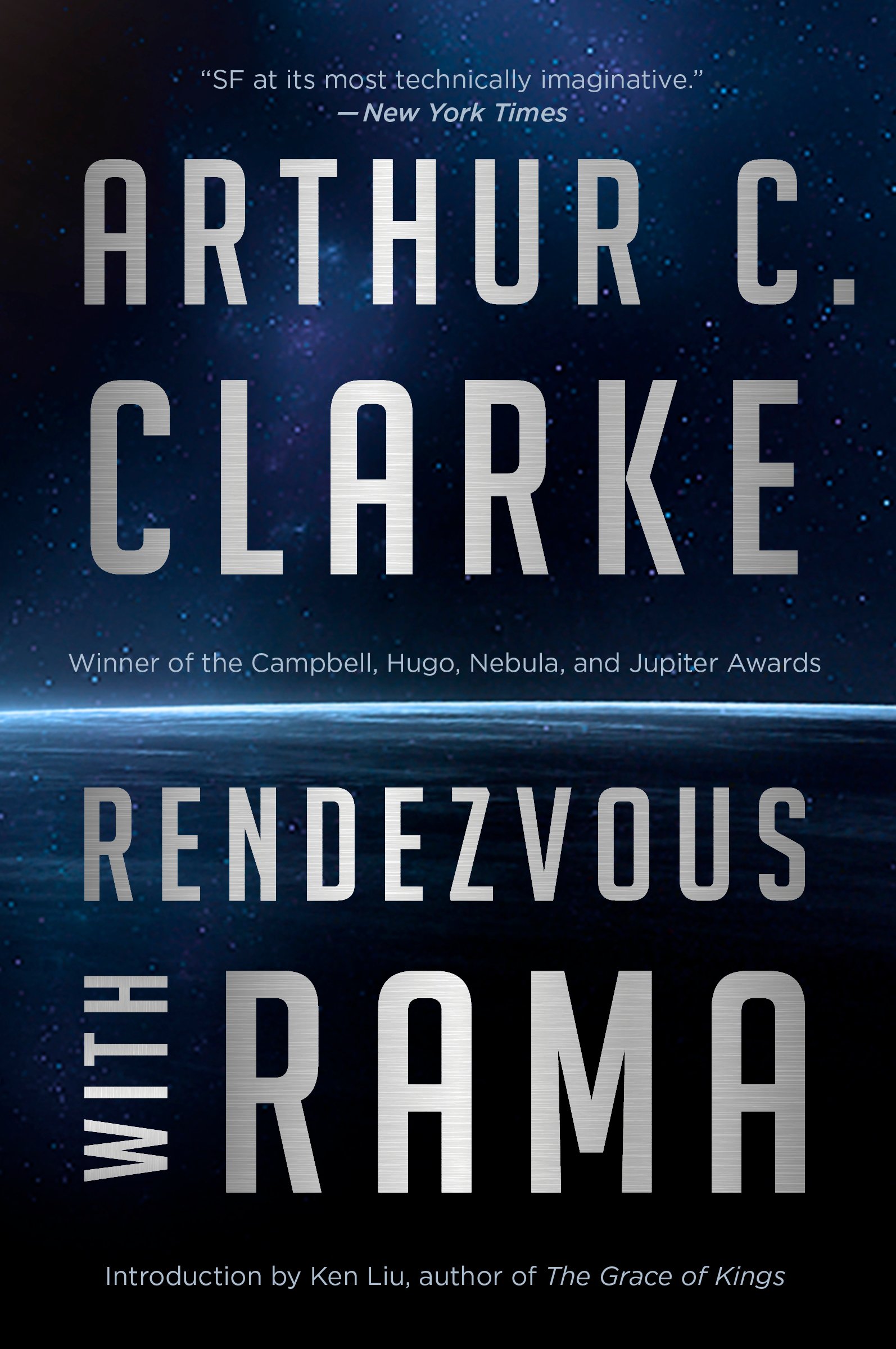This is the third of Abbey’s books that I’ve read and the first of his non-fiction efforts.
Covering his time as a Park Ranger at what was Arches National Monument and is now Arches National Park the book calls back to a time before it had paved roads and was overrun by hordes of air conditioned tourists. It also goes back before the build of the Glen Canyon Dam.
Abbey is an exquisite observer of humanity and human nature, never failing to skewer the worst of us. From the fat tourists who never leave the pavement and want to turn nature right back into what they have sought to escape by coming to the wilderness in the first place, to the governmental functionaries who only see the National Park system as another widget to be managed at the behest of unfathomable bureaucracy, Abbey spares no one in his opinions.
Industrial tourism is a phrase Abbey coins here and 50 years after it was written Desert Solitaire has lost none of its poignancy and is more relevant than ever. His acerbic wit is needed today. He is no wilting flower and not some hippy or millennial in his outlook. He is more than happy to take a flamethrower to everything he despises, and that makes him so refreshing. Abbey is not one for compromises and playing nice with others. He’s as rough as the sandstone he inhabits here.
But its not just expressing his anger at those changing the desert wilderness he loves that makes the book great. Its his in depth knowledge of the world that surrounds him. Names of plants and animals roll easily off the tongue. Animal habits and geologic forces are clearly explained. While not formally educated in ecology, Abbey is a genius as relaying the natural world to the reader in all its wonder.
The book takes on an even greater enjoyment for anyone who has visited Moab, UT, Arches, Canyonlands, the Grand Canyon or similar areas of the Southwest. You can visit Delicate Arch in your own memories and compare it to Abbey’s view. You can take the roads as they exist today and then read how they once were, not long ago. Its a wonderful book full of details and revelations about the American Southwest and what it once was, what its becoming, and why we should all feel a bit of sadness in how we have removed part of our own humanity in removing the gift of wilderness.
















